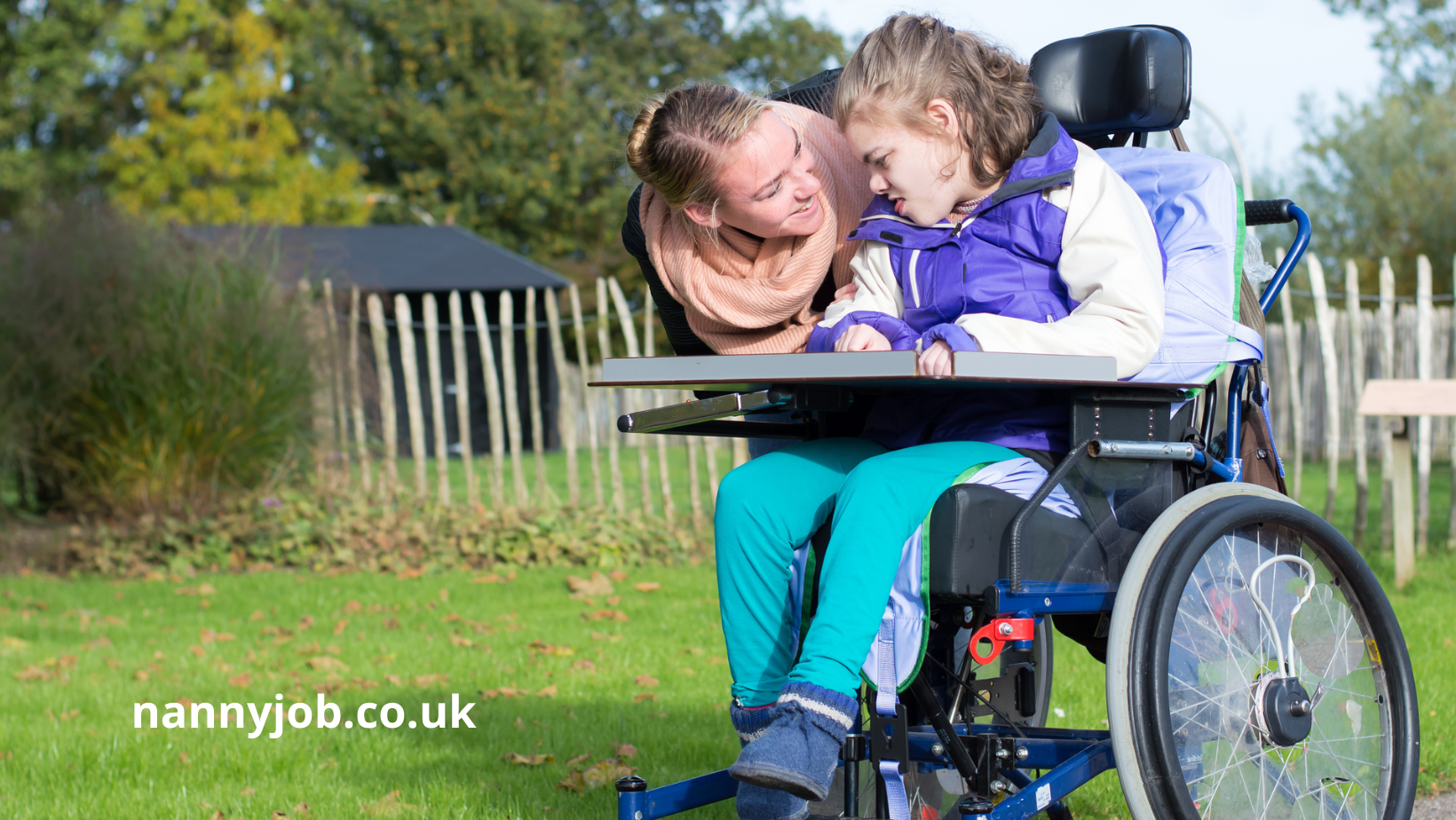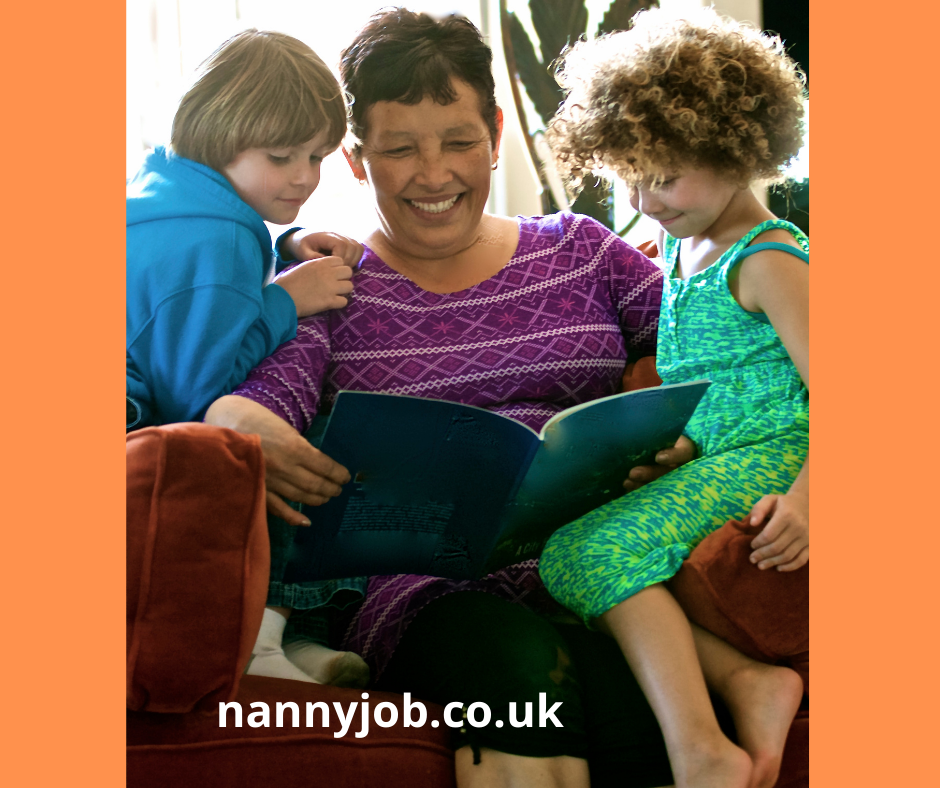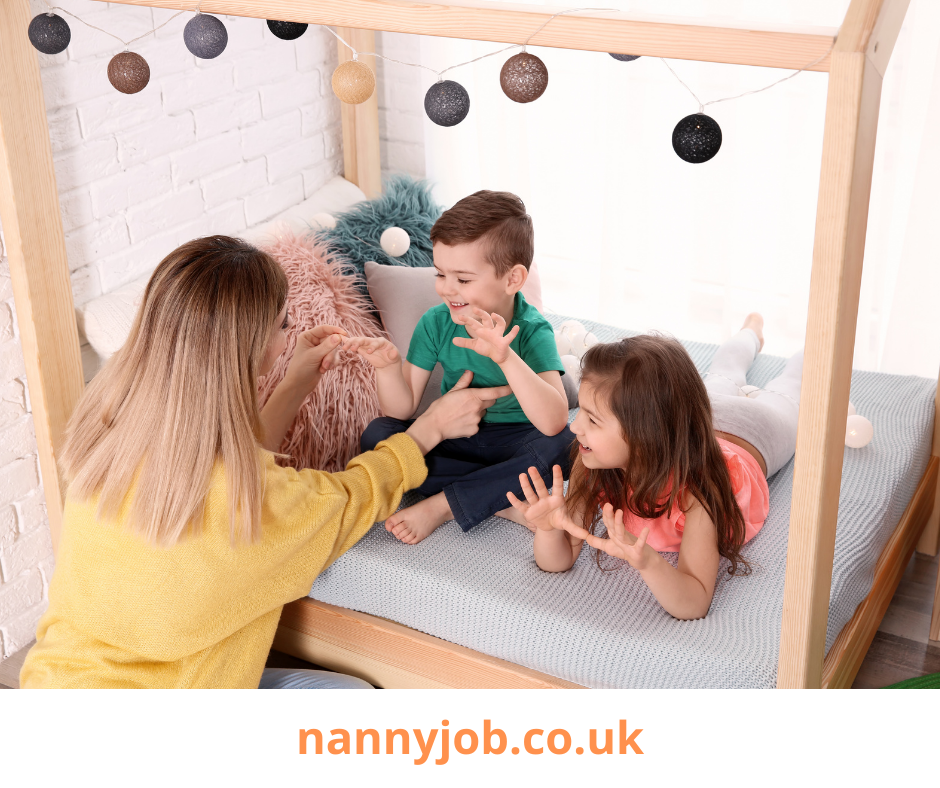As a nanny, you are responsible for the safety and well-being of the children in your care. As a result, it is important that your skills and training are up to scratch. You are likely to be responsible for the children in your care for many hours each week, making it even more important that your skill level is up to scratch.
There is no minimum level of education required to become a nanny – and, in fact, the best nannies are often those with years of experience but no formal childcare qualifications whatsoever.
However, it is a competitive world for childcare providers. The family that hire you want to know that you can do your job, and do it well. More importantly than anything else, they need to know their children are safe with you.
As the 2022 approaches, why not look into gaining some new skills as a nanny, or developing the ones you already have? Here are some ideas to consider.
Paediatric First Aid
This is arguably a qualification that every nanny should have under her belt. You may think you know the basics – and indeed, any first aid is better than no first aid at all – but techniques vary greatly between age groups. Recommended techniques can change over time, so if it’s been a while since you attended a paediatric first aid course, now’s the time to do it. A basic course will equip you with the knowledge you need to help a choking child, deal with burns and bleeding, and how to administer
CPR. A more advanced course will likely cost more, but the knowledge you gain will be invaluable – and it will really help parents relax, knowing that their child’s caregiver is fully versed in all things safety.
A Driving Licence
If you can’t drive, now is the time to learn. A nanny with a driving licence will almost certainly be picked over a nanny on foot. As a nanny, you will often be responsible for school runs and ferrying children around to various extra curricular activities also. In big cities, public transport is usually very good so a nanny could theoretically get by without a car – but most parents would far prefer it if their nanny
has their own set of wheels (or is at least able to drive the family car).
Child Psychology
Many people (usually those without children) believe that looking after children is easy. This is not the case, as you probably already know. Children are complex creatures, just like adults, and by undertaking a foundation level course in child psychology you will have a far better understanding of the children in your care.
Understanding the motivations between children’s behaviours – especially the undesirable ones – is the key to being an empathetic and effective carer and educator.
Academic Skills
Depending on the ages of the children in your care, you will likely be called on to help with homework at some stage. If you feel your own skills could do with brushing up, don’t hesitate to do so! Look into adult learning evening courses at your local community centre to get your mathematics and literary skills up to scratch.
We are able to offer you some great courses with a training company at a discounted rate for our Nannies, follow this link for the ones they are offering to Nannyjob











